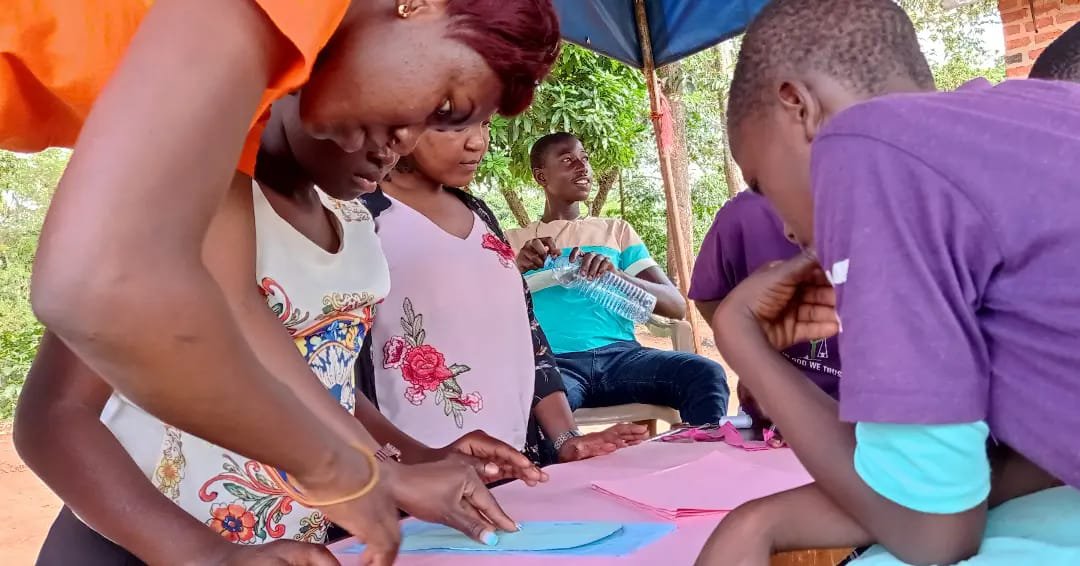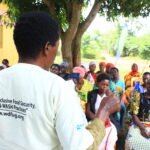BUSOGA REGION: Menstrual hygiene management remains a pressing issue in rural Uganda, where cultural taboos, lack of access to menstrual products, and inadequate sanitation facilities pose significant challenges for women and girls. However, organizations like the Wilmat Development Foundation are stepping up to address this plight and empower women and girls through education, access to resources, and community engagement.
In many rural communities in Uganda, menstruation is surrounded by stigma and misinformation, leading to feelings of shame and embarrassment among women and girls. As a result, many girls miss school during their periods, affecting their education and future opportunities. Additionally, the lack of access to affordable menstrual products and proper sanitation facilities further exacerbates the problem, putting women and girls at risk of infections and other health issues.
Recognizing the urgent need to tackle menstrual hygiene challenges, the Wilmat Development Foundation has launched several initiatives to empower women and girls in rural Uganda:
Education and Awareness: The foundation conducts educational workshops and awareness campaigns to break the silence surrounding menstruation and dispel myths and misconceptions. By providing accurate information about menstrual hygiene management, the foundation empowers women and girls to take control of their health and well-being.
Access to Menstrual Products: Through partnerships with local businesses and organizations, the Wilmat Development Foundation facilitates capacity building hands on trainings on making reusable sanitary pads by young persons and women and also distributes affordable and eco-friendly menstrual products, such as reusable pads and menstrual cups, to women and girls in rural communities. By providing access to these products, the foundation ensures that women and girls can manage their periods safely and hygienically.
Construction of Sanitation Facilities: The foundation works with communities to improve access to clean and safe sanitation facilities, including toilets and handwashing stations. By addressing the lack of proper facilities, the foundation reduces the risk of infections and improves overall hygiene standards in rural areas.
Empowerment Through Income Generation: In addition to addressing immediate menstrual hygiene needs, the Wilmat Development Foundation empowers women and girls by providing opportunities for income generation. Through training and support, women are encouraged to start small businesses, such as producing and selling reusable pads, creating sustainable livelihoods for themselves and their families.
Advocacy and Policy Engagement: The foundation advocates for policy changes and increased government investment in menstrual hygiene management. By raising awareness at the local, national, and international levels, the foundation aims to promote gender equality and ensure that menstrual hygiene is recognized as a fundamental human right.
Through these initiatives, the Wilmat Development Foundation is making significant strides in improving menstrual hygiene management and empowering women and girls in rural Uganda. By addressing the root causes of menstrual stigma and providing access to resources and support, the foundation is creating a brighter future for women and girls, where they can manage their periods with dignity and confidence.








